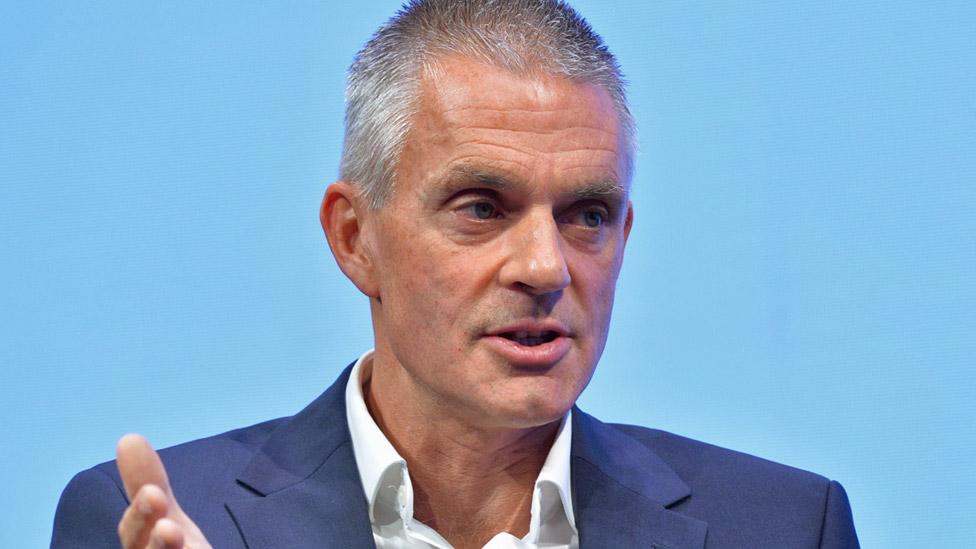Lord Grade: Ofcom's job is not to regulate culture wars
- Published
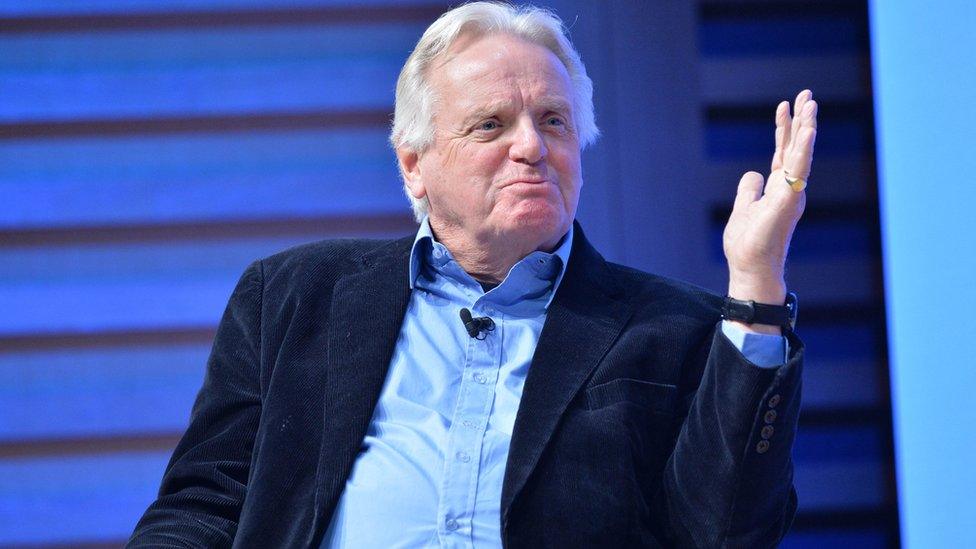
Lord Michael Grade addressed the Royal Television Society London Convention
The new chairman of Ofcom, Lord Michael Grade, has said the broadcasting watchdog "does not, and should not" regulate so-called culture wars.
The former TV executive was appointed to the role in May and in his first major speech since then, he underlined Ofcom's independence from "personal preference" and "political pressure".
He suggested public debate had descended into "angry battlefields of bitter division".
"Why does this matter to Ofcom?"
Lord Grade, who has previously held senior positions at the BBC, ITV and Channel 4, made the comments during his keynote speech at the RTS London Convention 2022.
"Here, I want to be very clear: Ofcom does not, and should not, regulate the culture wars," he continued.
"Some try to conscript us to their cause. But we're not interested. That is not our job."
He added: "Whether we are judging that Piers Morgan's comments about the Duchess of Sussex were justified by freedom of expression, or that Diversity's tribute to the Black Lives Matter movement was, too - we never make decisions based on personal preference, political pressure, fear or favour.
"Instead, we all leave our various opinions at the door. We focus on the legal framework and duties given to us by Parliament, and make careful, balanced decisions based on the evidence."
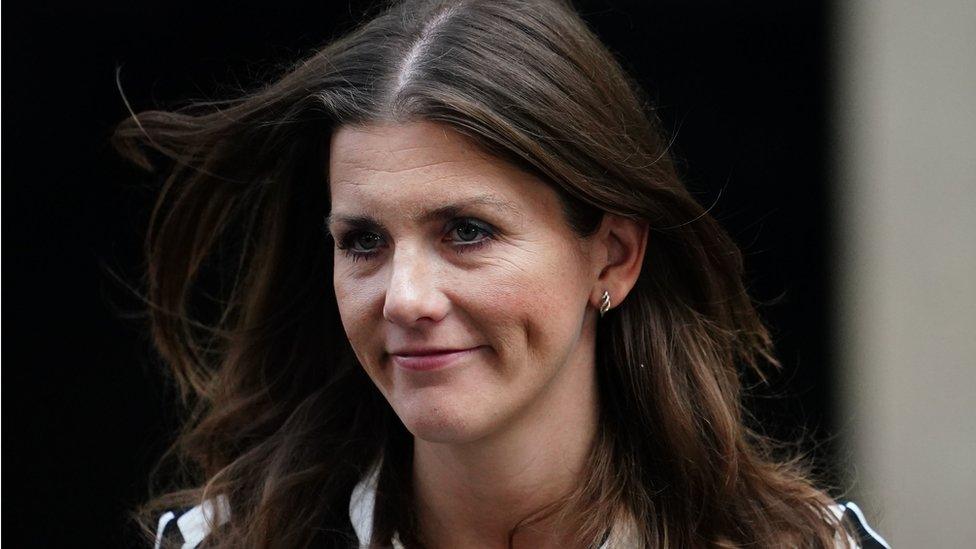
Michelle Donelan replaced Nadine Dorries as Culture Secretary
Before taking on his new role, Lord Grade criticised the BBC's coverage of Downing Street parties, describing it as "gleeful and disrespectful", and spoke in favour of the privatisation of Channel 4.
But speaking on Tuesday, the former Conservative peer - who has now moved to the crossbenches - said he would now put his "personal opinions" to one side while carrying out his new role.
"Our [Ofcom's] role is to provide research and evidence, to adapt our regulation and to inform Parliament about policy options and their impact," he said.
He said that long-term questions about Channel 4's ownership, BBC funding and how "legislation might level the playing field where PSBs [public service broadcasters} compete with US streamers," were matters for the government, not Ofcom.
The new Culture Secretary Michelle Donelan said last week that she would "re-examine the business case" for privatising Channel 4.
Ms Donelan's predecessor Nadine Dorries had set out plans to take the broadcaster out of public ownership, as well as suggesting the next announcement about the BBC licence fee would be the last and that it was time to discuss new ways to fund and sell "great British content".
On Tuesday, Lord Grade asserted his view that public service broadcasters should be protected, noting their impact on the country's creative industries.
He also spoke about social media, something he has previously said he does not use himself., external
Lord Grade told the audience that Ofcom should not seek "to regulate the tone of debate on social media", noting how he cared "on a personal level" about "the need for tolerant debate".
"That matters to me not just as a citizen and parliamentarian, but also as somebody who has sought to champion our world-class broadcasting sector," he said.
"Because broadcasting has a unique ability to provide a fair, accurate and trustworthy platform for calm, considered differences.
"Those views are more necessary than ever for a stable society and a strong democracy."
BBC director general Tim Davie said last year it was harder than ever for the the corporation to maintain impartiality amid "culture wars" and a polarisation of online views.
Related topics
- Published27 September 2022
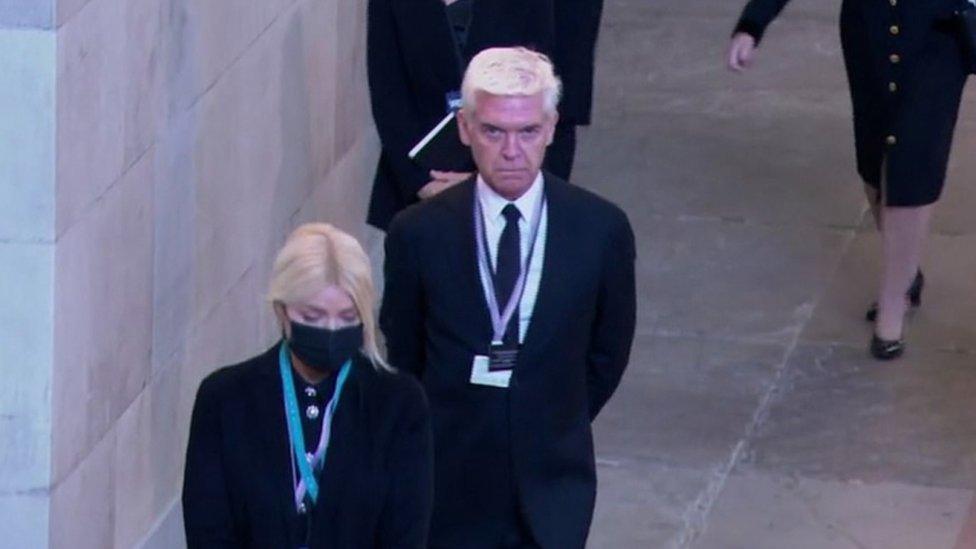
- Published20 September 2022
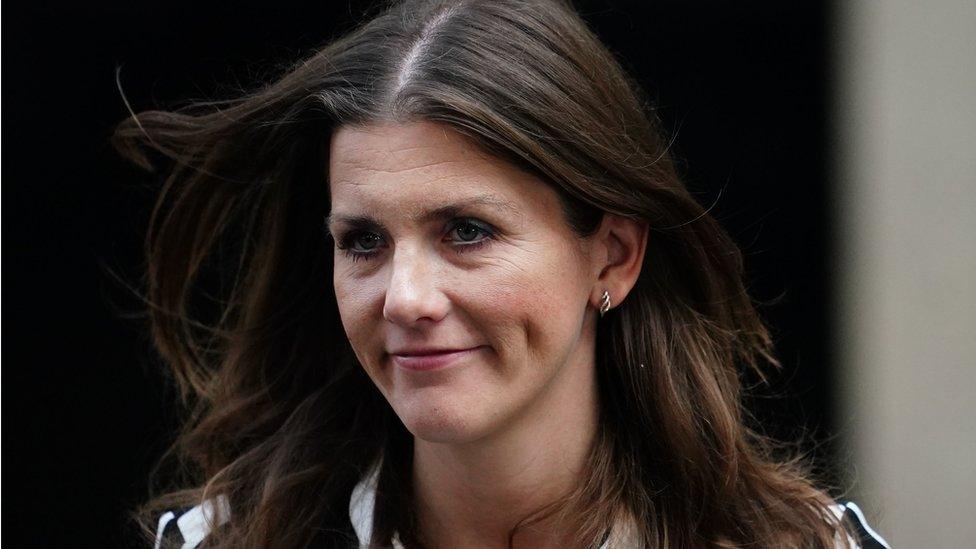
- Published1 April 2022
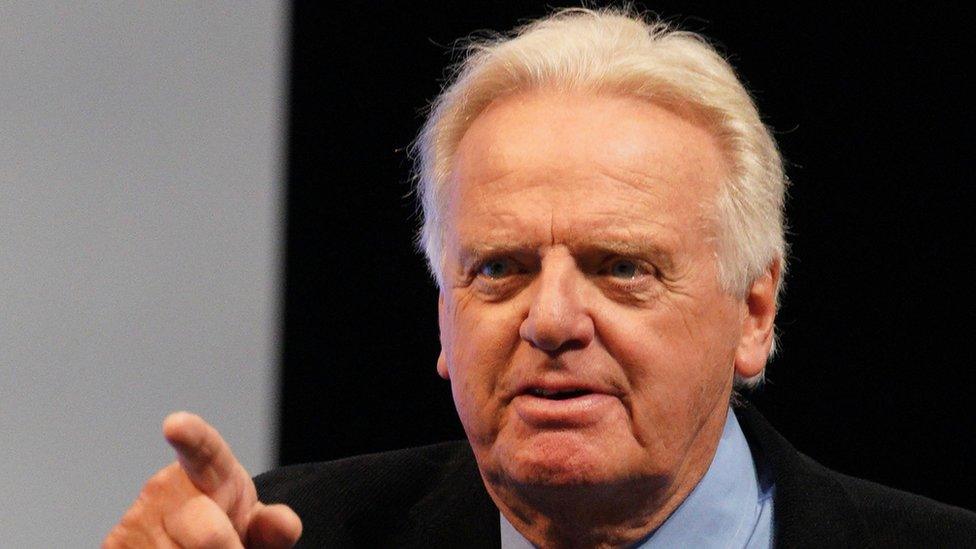
- Published24 March 2022

- Published21 September 2021
